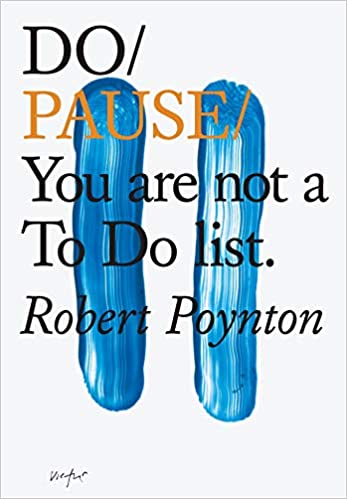Congratulations to former WCEA partners Georgina Montgomery and Louise Oborne…
Time to get off the busyness train?
 These days the discussion about busyness, that long-lauded work-ethic virtue, doesn’t focus on how to become busier (most of us could write the ebook 10 Ways to Achieve a 16-Hour Work Day… if only we had time). Rather, the new take on the topic—hallelujah!—questions that sign of career success: the day stuffed with phone calls, meetings, and electronic distractions.
These days the discussion about busyness, that long-lauded work-ethic virtue, doesn’t focus on how to become busier (most of us could write the ebook 10 Ways to Achieve a 16-Hour Work Day… if only we had time). Rather, the new take on the topic—hallelujah!—questions that sign of career success: the day stuffed with phone calls, meetings, and electronic distractions.
We are using “long hours as a sort of macho badge of honor,” writes Meredith Fineman in this Harvard Business Review piece, and she calls for us to rein in our busyness frenzy by working smarter.
Courtenay Carver goes a step further in “Curb the Busyness of Business,” saying that all our “busy work” (like checking email every five minutes) keeps us from doing our “good work” (like creating, learning, and collaborating).
Then there’s the bucket of cold water about the bad side of busy that Tim Kreider pours over those of us rushing to meet deadlines: “Busyness serves as a kind of existential reassurance, a hedge against emptiness; obviously your life cannot possibly be silly or trivial or meaningless if you are so busy, completely booked, in demand every hour of the day.”
Obviously. Ouch.
So, if you’re ready to get off the busyness train, you might begin with the inspiration Tyler Ward offers in “Busy Isn’t Respectable Anymore.” No need to jump. No need to pull the emergency brake. Just take little steps and edge your way down the car.
Putting in long hours to meet commitments from time to time is fine. But if you’re consumed by busyness every day, all year long, that’s just risking personal derailment.



